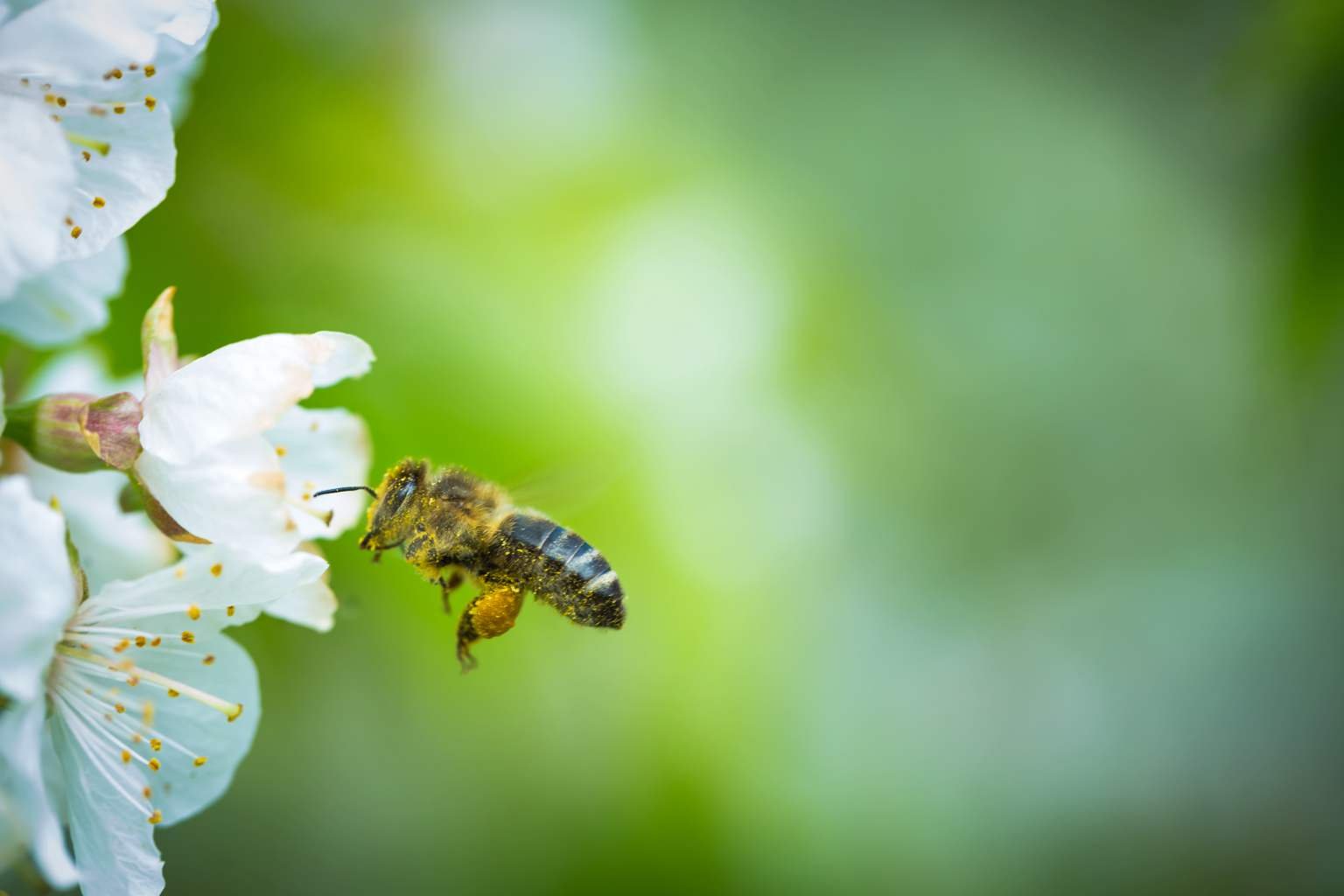Bees are vital to our world, but when they swarm near your outdoor meal, it can quickly turn unpleasant. Have you ever wished for a way to keep these buzzing guests at bay without harming them or using harsh chemicals? Luckily, there’s a simple trick involving an everyday household item that can naturally scare them off—with no citronella or insecticides needed.
Understanding why bees matter so much will change how you see these busy insects. They are more than just honey producers; they are key players in maintaining the balance of nature. Yet, it’s possible to gently encourage them to keep their distance without causing harm.
Why bees are essential to our ecosystem
The role of bees in our environment is nothing short of heroic. They act as the primary pollinators, helping flowers bloom and crops grow. Without their diligent work, natural ecosystems and agricultural systems alike would struggle to survive. The loss of bee populations could lead to devastating consequences for plant life and food production.
Bees are generally non-aggressive—they only sting when they feel threatened. This defensive nature means that maintaining a respectful distance is often enough for peaceful coexistence. And given that many bee species face the risk of extinction, protecting them is crucial. They also contribute immensely to producing honey, royal jelly, propolis, and beeswax, substances that support our health and livelihoods.
Natural ways to deter bees using household items
You might be surprised to learn that certain plants and products common in homes can gently repel bees. While citronella often comes to mind, its effectiveness is limited when dealing with bees. Instead, herbs like mint have natural properties that bees dislike, making them great for keeping bees at a comfortable distance.
Mint contains compounds that are mildly toxic to bees, so growing mint plants around your outdoor dining area or using mint essential oil as a spray can help reduce bee activity. However, mint alone might not be enough. To create an effective bee barrier, combining several natural remedies enhances the effect without endangering the insects.
You can also use homemade natural disinfectants with ingredients such as peppermint, lavender, and citronella essential oils. These scents are strongly disliked by bees due to their sensitivity to strong odors. Diffusing these oils near patios or gardens not only adds a pleasant aroma but acts as a subtle deterrent.
Keeping your space bee-friendly and safe
The goal is not to eliminate bees but to encourage them to stay out of your personal space. When I hosted a family cookout last summer, I noticed that using a small spray bottle with diluted peppermint oil around the seating area kept the bees away without harming them. It allowed us to enjoy the meal peacefully and reminded me that coexistence is possible with a little creativity.
Experimenting with natural repellents helps balance enjoying the outdoors and protecting vital bee populations. Try planting mint or lavender nearby, or use essential oil sprays to create a sensory barrier that feels like a “no-go” zone to bees. Remember, preserving bees is not only good for the environment—it ensures the future of our food sources and beautiful gardens.
Have you tried natural ways to keep bees away? What worked best for you? Share your experiences or favorite tips in the comments below. Together, let’s learn and protect these incredible creatures while enjoying our outdoor spaces. Don’t forget to share this article with friends who love nature and outdoor dining!
